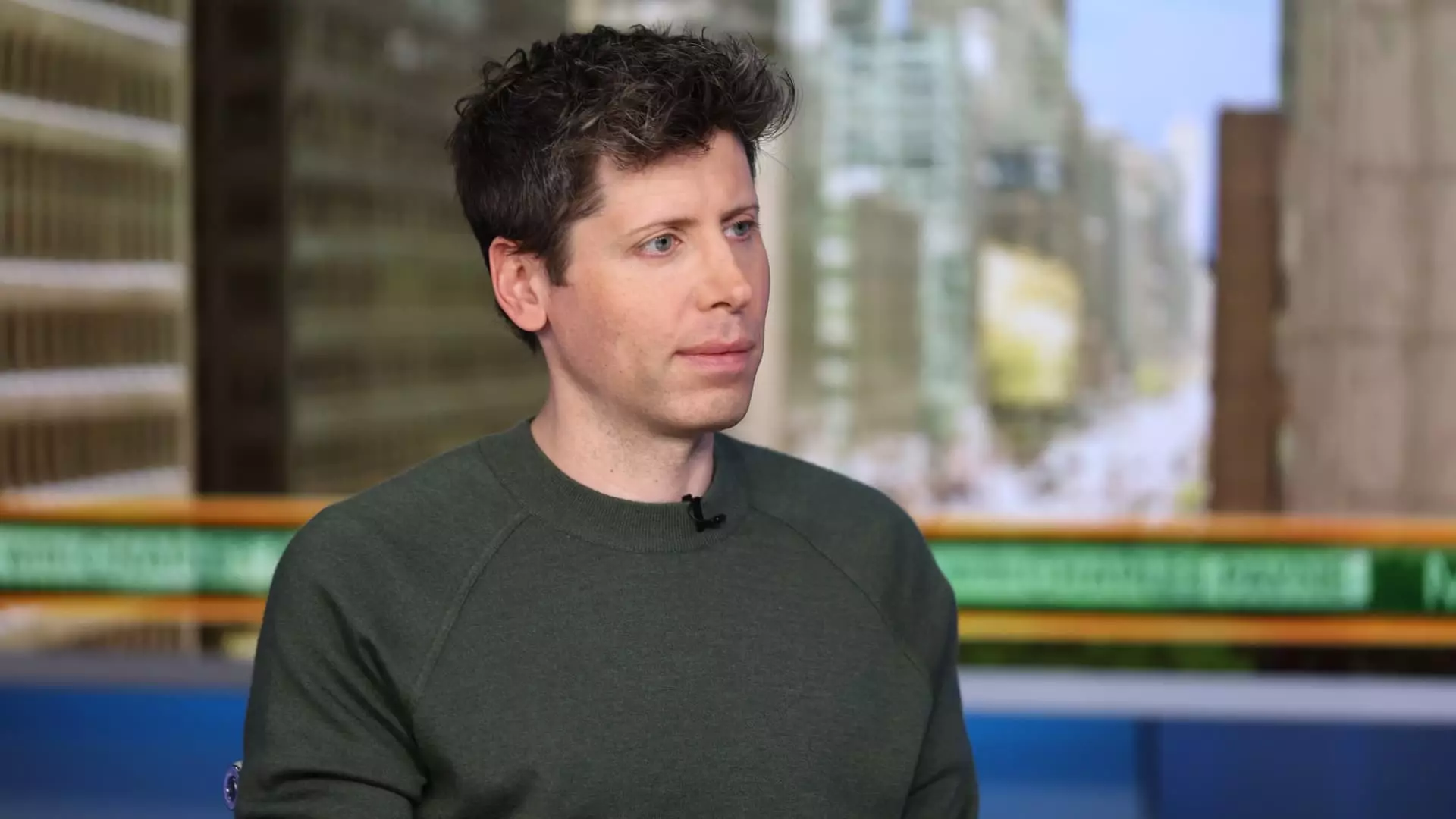The recent lawsuit filed by Ann Altman against her brother, Sam Altman, has generated a considerable amount of media attention and public discourse. This lawsuit, which accuses the OpenAI CEO of sexual abuse from 1997 to 2006, raises numerous questions—not only about the allegations themselves but also about the wider implications for the family involved, OpenAI, and the tech industry at large.
The Nature of the Allegations
Ann Altman, who files under the name Annie, alleges that the abuse began when she was only three years old, with the accusations escalating over a period of nearly a decade. These distressing claims highlight not only the serious nature of the alleged actions—ranging from oral sex to penetrating acts—but also pinpoint a timeframe filled with formative experiences for both siblings. It is crucial to understand that allegations of this gravity impact not just those directly involved but ripple effects into other dimensions—including family dynamics, mental health repercussions, and community perceptions.
According to the lawsuit, the abuse reportedly took place repeatedly at the Altman family home in Clayton, Missouri. Such allegations are severely damaging, not just to the individual facing them but to the fabric of family relationships, which often has no easy means of recovery post-accusation. The effects can manifest in various forms: emotional trauma, societal stigma, and potential disruptions to careers and public images.
This lawsuit, filed in U.S. District Court in the Eastern District of Missouri, marks a significant move from mere allegations aired on public platforms such as X (formerly Twitter) to a formal legal challenge. Ann seeks both a jury trial and damages exceeding $75,000. The fact that the lawsuit is being represented by a legal firm focusing on sexual assault and harassment indicates a strategic approach to seeking justice. However, the legal process can be lengthy and complex, shrouding the parties in the courtroom in further scrutiny and psychological stress.
In response to these allegations, Sam Altman, alongside family members, publicly refuted the claims, branding them as “utterly untrue.” Such denials are standard legal maneuvering; however, they also pose emotional and psychological challenges for all involved, particularly for Annie, who has publicly shared her distressing narrative in the past. The Altman family’s joint statement was not merely a denial but also a portrayal of the family as struggling with mental health issues—an attempt to contextualize the situation while simultaneously deflecting responsibility.
Broader Impact on OpenAI and the Tech Industry
Sam Altman’s identity as a prominent figure in the technology sector is firmly established following the success of OpenAI and its creation of the AI chatbot ChatGPT. The public interest surrounding this lawsuit branches out further when considering how this scandal might impact the company’s image and operations. A tech leader embroiled in severe accusations could endanger investor confidence and potentially affect ongoing and future projects.
Furthermore, the timing of this lawsuit coincides with other turbulence within Altman’s professional landscape. His recent ousting and quick reinstatement as OpenAI’s CEO speak volumes about the pressures and expectations surrounding leadership in this rapidly evolving field. Additionally, the ongoing feud with Elon Musk over OpenAI’s direction raises more questions about corporate governance and accountability.
The allegations brought forth by Annie Altman also enter broader cultural conversations surrounding mental health and familial trauma. Discussions of sexual abuse, especially within families, often struggle to gain traction due to stigma and disbelief. This situation highlights the importance of addressing mental health not just at an individual level but within families as a collective unit.
Ann’s allegations challenge us to confront uncomfortable realities about abuse and its far-reaching impact. While families are often seen as bastions of support, the truth remains that they can also be spaces where harm occurs. The Altman case exemplifies the challenge of reconciling these dual narratives of family support and trauma.
While the legal proceedings will unfold over time, the immediate implications of the lawsuit against Sam Altman touch upon family dynamics, the tech industry’s scrutiny, and enduring conversations about mental health. As this situation evolves, it will undoubtedly invite ongoing debate about accountability and the very frameworks that help or hinder the journey toward justice and healing.

